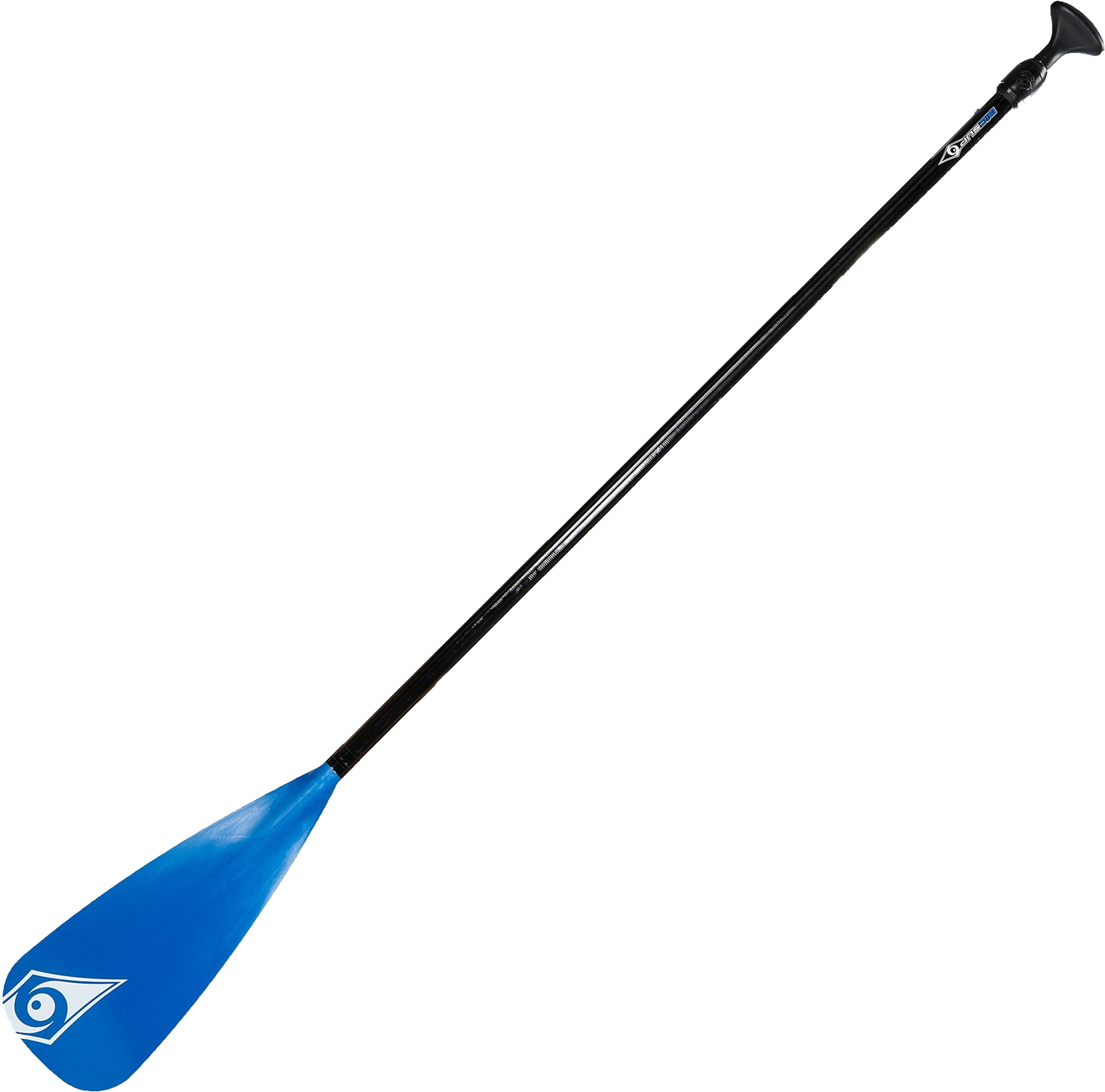
This image has format transparent PNG with resolution 1480x1462.
You can download this image in best resolution from this page and use it for design and web design.
Paddle PNG image with transparent background you can download for free, just click on download button.
A paddle is a tool used for pushing against liquids, either as a form of propulsion of a boat (paddling) or as an implement for mixing.
Paddles commonly used in canoes consist of a wooden, fibreglass, carbon fibre, or metal rod (the shaft) with a handle on one end and a rigid sheet (the blade) on the other end. Paddles for use in kayaks are longer, with a blade on each end; they are handled from the middle of the shaft.
Kayak paddles having blades in the same plane (when viewed down the shaft) are called "un-feathered." Paddles with blades in different planes are called "feathered". Feathered paddles are measured by the degree of feather, such as 30, 45, or even 90 degrees. Many modern paddles are made of two pieces which can be snapped together in either feathered or unfeathered settings. The shaft is normally straight but in some cases a 'crank' is added with the aim of making the paddle more comfortable and reducing strain on the wrist. Because the kayak paddle is not supported by the boat, paddles made of lighter materials are desired; it is not uncommon for a kayak paddle to be two pounds (32 ounces (910 grams) ) or less and very expensive paddles can be as light as 22 ounces (620 grams). Weight savings are more desirable at the ends of the paddle rather than in the middle.
Cheaper kayak paddles have an aluminium shaft while more expensive ones use a lighter fibreglass or carbon fibre shaft. Some paddles have a smaller diameter shaft for people with smaller hands. Paddle length varies with a longer paddle being better suited for stronger people, taller people, and people using the paddle in a wider kayak. Some paddle makers have an online paddle size calculator. Blades vary in size and shape. A blade with a larger surface area may be desirable for a strong person with good shoulder joints, but tiring for a weaker person or a person with less than perfect shoulder joints.
Because normal paddling involves alternately dipping and raising the paddle blades, the colour of the blades may affect the visibility of the kayaker to powerboats operators under limited visibility conditions. For this reason white or yellow blades may offer a safety advantage over black or blue blades. Of course, kayakers should wear a headlamp or have other lighting on their kayak under conditions of limited lighting. However, if a powerboat operator must look straight into a sun low in the sky to see a kayaker, the motion of brightly coloured paddle blades may be of more value than lighting on the kayak. Highly reflective water resistant tape (e.g. SOLAS tape) may be affixed to the paddle blades and boat to enhance visibility.
In this gallery you can download free PNG images: Paddle PNG images, Kayak paddle PNG